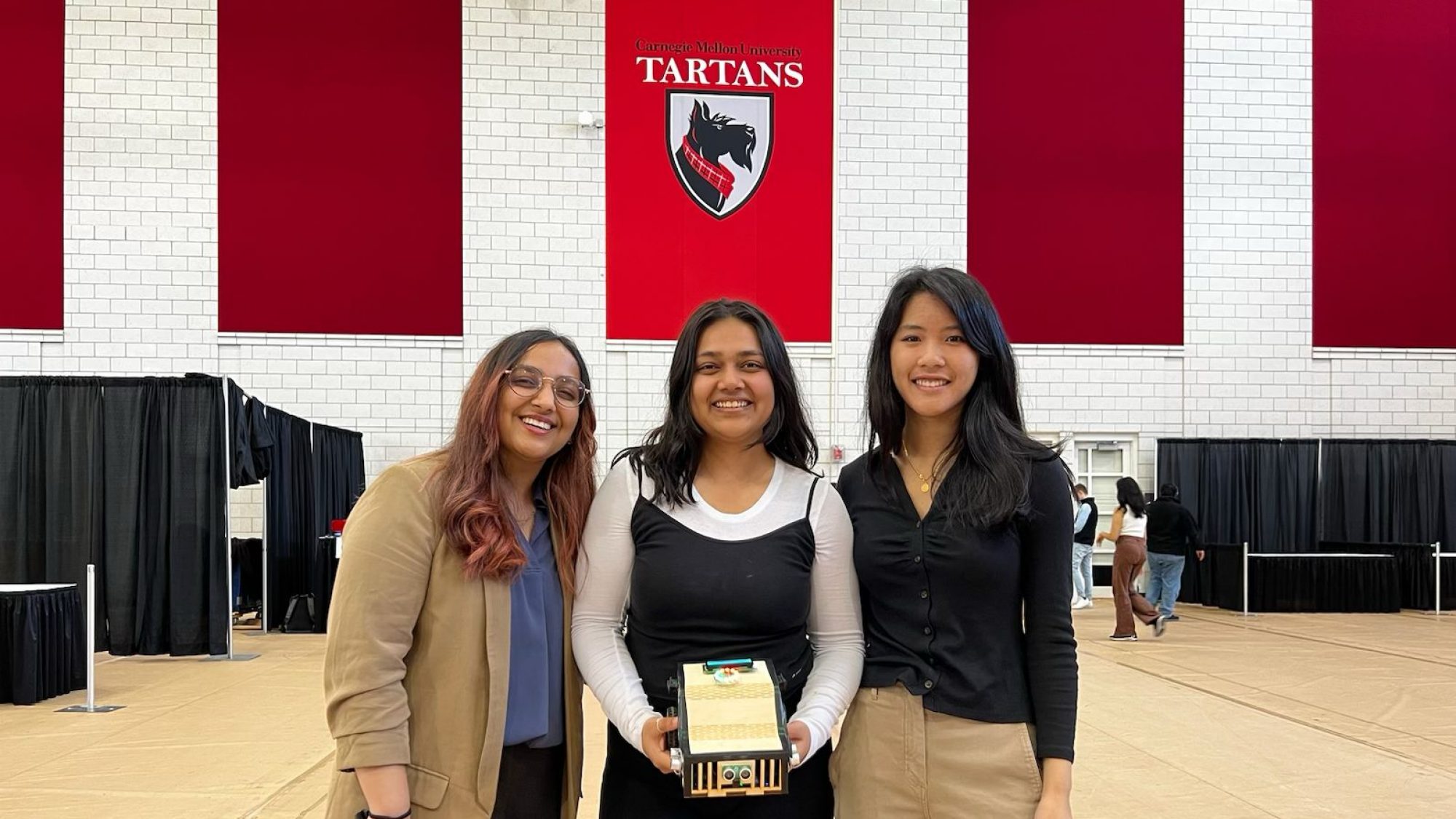This week we focused on motor control and data communication between the sensors and the local machine. While working on the code to fine-tune the rotation and translation motion of the robot, we identified several problems and potential risks. Firstly, the error from odometry and encoder readings seems to accumulate very quickly which sometimes causes the robot to overshoot and not converge to the target position. To account for this, we are planning to reset the encoder readings periodically once the robot reaches a predetermined target coordinate on the global map. Additionally, we added a self-correction mechanism in case of overshoot. Another issue is that most of our monitoring and evaluation of the robot coordinates and encoder readings happens through the serial port, which requires a tethered connection that affects the robot’s motion. We’ve also identified an issue in the hardware – our design would require the motors to be more secure than what we have currently, as compensating for hardware limitations in the codebase is not enough.
We decided to move away from using the cloud and instead process the sensor data on a local server instead. This is primarily due to the incompatibility of our wifi chip with the Azure cloud. In our experiments, we realized that accessing data on the localhost does not incur too many additional costs.
This week we also set up the pipeline for recording sensor data through serial communication to a CSV. We also acquired 99% ethyl alcohol and spray bottles. Now, we have all of the setup that we need to start dataset generation and we will start collecting data as soon as possible. At the minimum we need to get baseline readings for one scent, such as alcohol, so that we can start testing out the robot’s ability to actually track down a scent.
